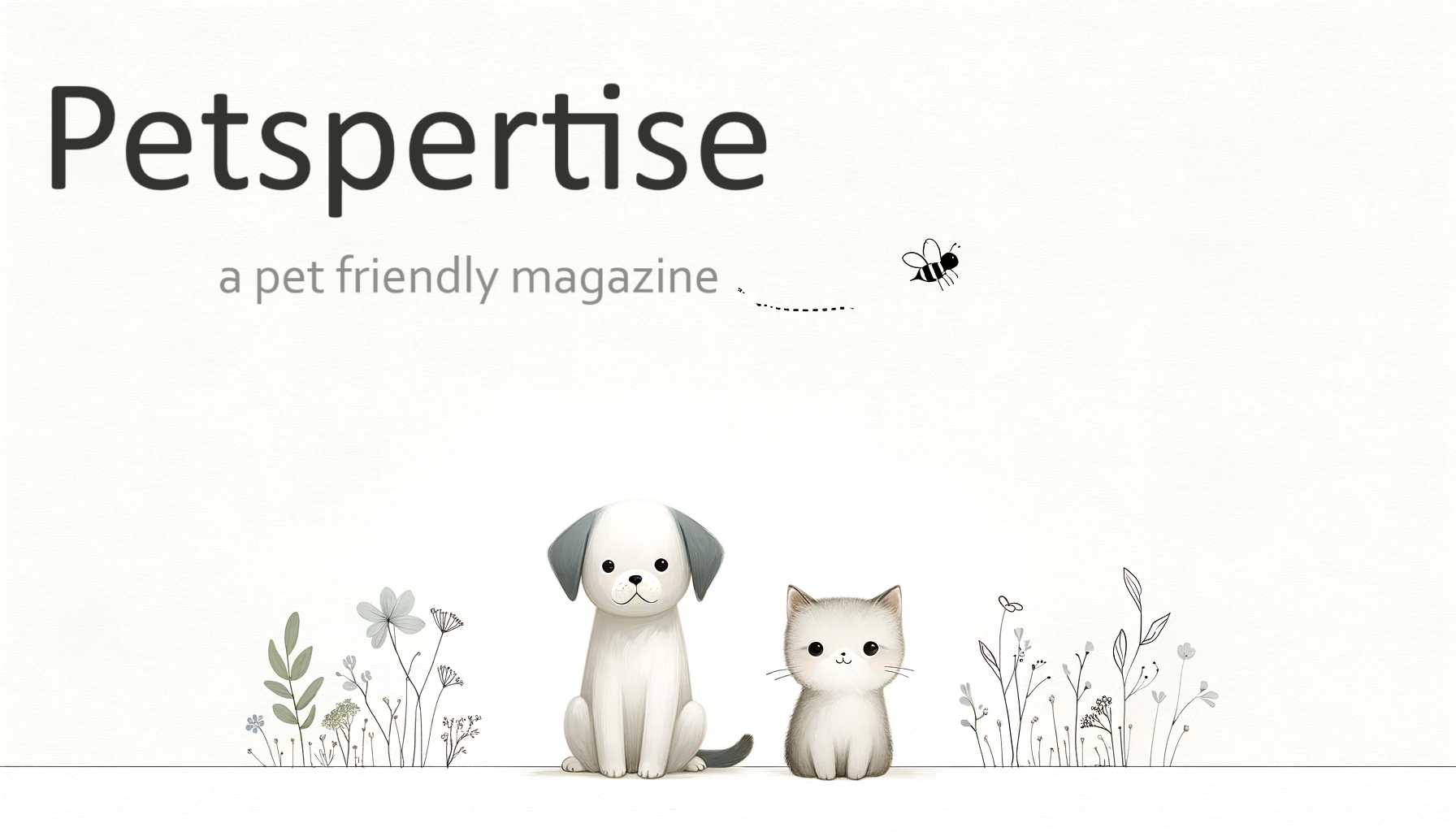Should We Neuter Our Pet Dogs?
Introduction
Should we neuter our pet dogs? Dogs have been known as man’s best friend for centuries, and it’s easy to see why. They are loyal, affectionate, and bring joy to millions of households around the world. However, pet ownership comes with a set of responsibilities, one of which is ensuring the health and well-being of our furry friends. One of the most important decisions that pet owners must make is whether to neuter their pet dogs. This article aims to provide a comprehensive and in-depth examination of the pros and cons of neutering pet dogs, along with some tips to help pet owners make an informed decision.
What Is Neutering?
Neutering, also known as castration or spaying, is the surgical removal of the reproductive organs in dogs. In male dogs, this means the removal of the testicles, while in female dogs, it entails the removal of the uterus and ovaries. The procedure eliminates the dog’s ability to reproduce, and it also reduces the production of hormones that regulate certain behaviors.
The Pros Of Neutering
Population Control: One of the most significant advantages of neutering is its ability to help control pet overpopulation. Every year, millions of dogs are surrendered to shelters due to a lack of resources, space, and homes. By neutering pet dogs, the number of unwanted litters can be reduced, thus preventing pet overpopulation.
Decreased Aggression: Neutering can also help reduce aggressive behavior in dogs, especially in males. This can make them easier to handle and less likely to attack other animals or humans. Studies have shown that neutered male dogs are less likely to display territorial aggression, dominant aggression, and fear-based aggression.
Reduced Risk of Certain Cancers: Female dogs that are spayed before their first heat cycle have a lower risk of developing certain cancers, such as mammary and ovarian cancers. Neutering male dogs also reduces the risk of testicular cancer and prostate problems.
Improved Health: Neutering can improve a dog’s overall health and longevity. The procedure eliminates the risk of hernias, prostatitis, and pyometra (a bacterial infection of the uterus), which can be life-threatening to dogs.
Cons Of Neutering
Cost: Neutering is a surgical procedure, and it can be expensive, especially for dogs that are over 6 months old. The cost of the procedure varies depending on the dog’s size, age, and location, but it can range from several hundred to several thousand dollars.
Weight Gain: Neutering can lead to weight gain in dogs, especially if they are not provided with enough exercise and a balanced diet. The removal of the reproductive organs can result in a slower metabolism, which can cause dogs to gain weight more easily.
Changes in Hormones: Neutering can result in changes in hormones, leading to a decreased sex drive and reduced energy levels. This can make dogs less active and less playful, which can affect their quality of life.
Increased Risk of Certain Diseases: Neutering can increase the risk of certain diseases, such as urinary incontinence and joint disorders. Some studies have shown that neutered dogs are more likely to develop certain joint problems, such as hip dysplasia, compared to intact dogs.
Neutering Breed Specific Dogs
Here are certain breeds of male dogs that should not be neutered due to their physical and behavioral characteristics. For example, large and giant breed dogs such as Great Danes and Saint Bernards have a slower metabolism and a tendency to gain weight. Neutering these breeds can lead to an increased risk of obesity, which can cause a host of health problems.
Additionally, some breeds have a high drive for activity and athleticism, such as Border Collies and Australian Shepherds. Neutering these breeds can cause a decrease in testosterone, leading to decrease in energy levels and drive for activity. This can result in behavioral changes, such as decreased willingness to participate in physical activities and decreased engagement in training sessions.
It is crucial for pet owners to consider the individual needs and characteristics of their male dogs before deciding on whether to neuter. Consultation with a veterinarian is highly recommended to determine the best course of action for each specific breed and individual. Neutering should never be seen as a one-size-fits-all solution and should be approached with care and consideration for the well-being of the pet.
So, What’s The Verdict?
In conclusion, neutering pet dogs has its pros and cons, and it’s important for pet owners to weigh the benefits and drawbacks before making a decision. While neutering can reduce the risk of certain cancers, improve health and decrease aggressive behavior, it can also lead to weight gain, changes in hormones, and an increased risk of certain diseases.
Ultimately, the decision to neuter or not should be based on each individual pet and their specific needs. Pet owners should consult with their veterinarian and consider factors such as breed, age, health, and lifestyle before deciding. In some cases, neutering may be recommended to prevent the spread of certain diseases or to reduce aggressive behavior. In other cases, it may not be necessary.
It’s also important to note that neutering should not be considered a substitute for proper training and socialization. While neutering can help reduce aggressive behavior, it is not a cure-all solution. Pet owners must still provide their dogs with proper training and socialization to ensure their well-being and happiness.
In conclusion, neutering or not neutering pet dogs is a complex and personal decision that pet owners must make based on the specific needs and circumstances of their furry friends. It’s essential to weigh the pros and cons, consult with a veterinarian, and consider the individual dog’s needs before making a decision. Remember, the goal is to provide our pets with the best possible care, and neutering or not neutering is just one aspect of that care.
Sources:
American Kennel Club. (2021). Neutering Your Dog: The Pros and Cons.
American Society for the Prevention of Cruelty to Animals. (2021). Spaying or Neutering Your Pet.










